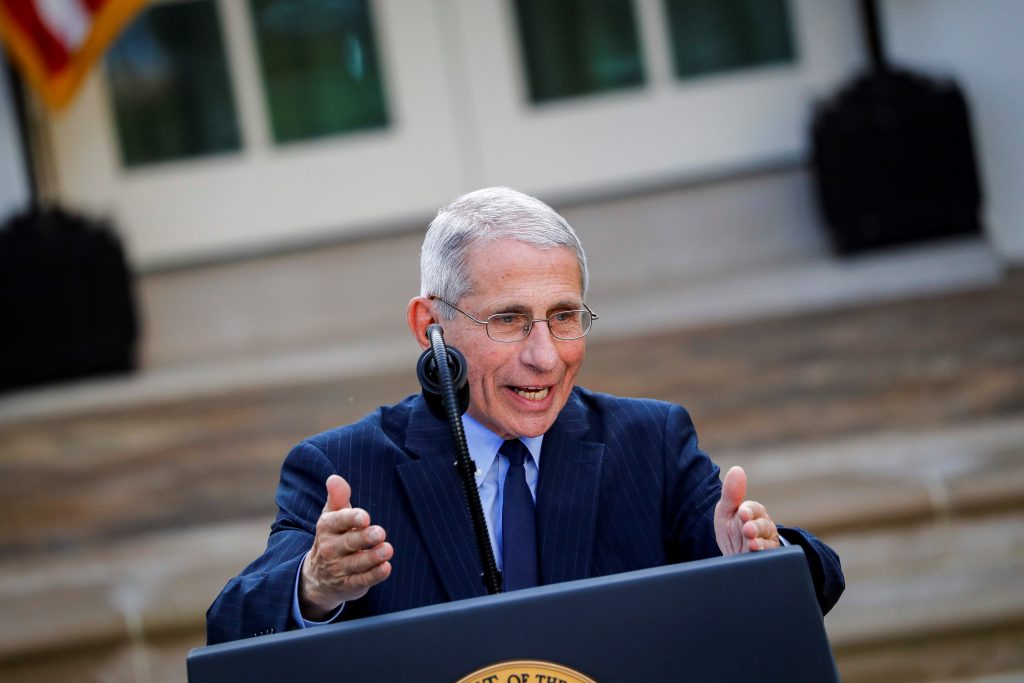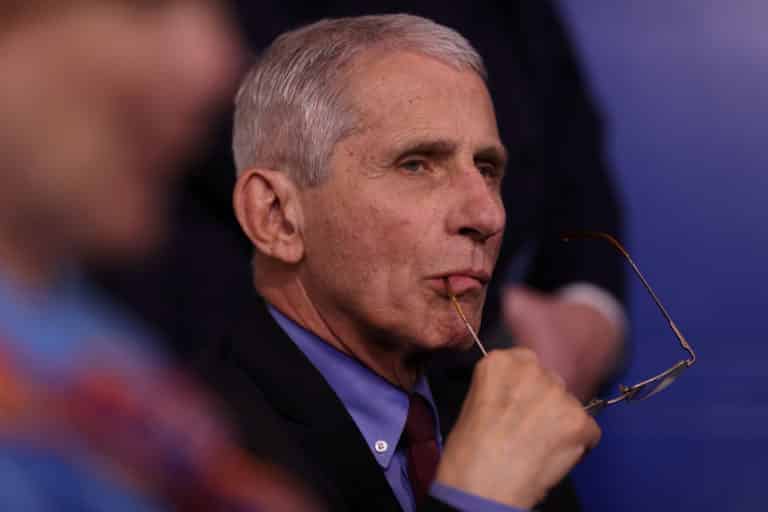Dr. Anthony Fauci — infectious disease expert for the White House Coronavirus Task Force — is admitting that the daily press briefings are “draining.”
During an interview with The Associated Press, Fauci weighed in on a number of factors surrounding the coronavirus and the White House’s response efforts.
At one point during the interview, Fauci even admitted that the daily press briefings are “really draining.” Monday’s press briefing was more than two hours long.
Fauci admitted that the amount of time required for briefings is where the conflict lies.
“If I had been able to just make a few comments and then go to work, that would have really been much better,” he said. “It isn’t the idea of being there and answering questions, which I really think is important for the American public. It’s the amount of time.”

As the government’s top infectious disease expert, most of Fauci’s time outside of press conferences is spent analyzing blood tests, statistics, and projections based on people — both symptomatic and asymptomatic — who have been exposed to the coronavirus.
Fauci, with the help of his staff, reportedly looks at the immune systems of individuals tested to evaluate the antibodies they have developed to combat the virus.
According to Fauci, the results of these tests would help provide answers to the hard questions Americans have. Fauci noted that his staff is trying to validate those tests with the Food and Drug Administration. He also noted the importance of finding a definitive resolution regarding antibodies to avoid the “worst possibility.”
“We’re going to have to find out the answer to all of those questions,” Fauci said, adding, “I know people are anxious to say, ‘Well, we’ll give you a passport that says you’re antibody-positive, you can go to work and you’re protected.’ The worst possibility that would happen is if we’re actually wrong about that” and they are then infected.
He also said that evaluations will help the nation to be better prepared in the event of a second wave.
Fauci added, “If you mean it goes way down and then come September, October, November, we have another peak, I have to say I would not be surprised. I would hope that if and when that occurs, that we jump all over it in a much, much more effective way than we have in these past few months.”

























 Continue with Google
Continue with Google